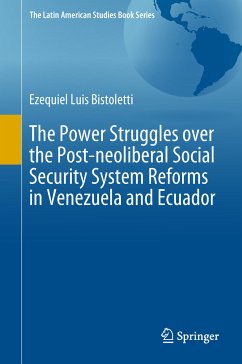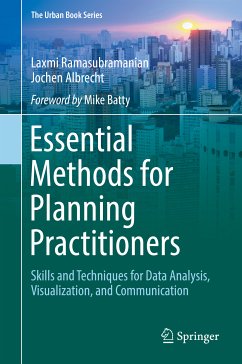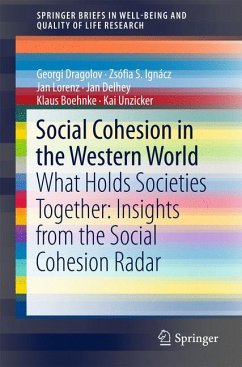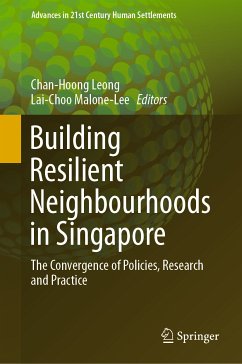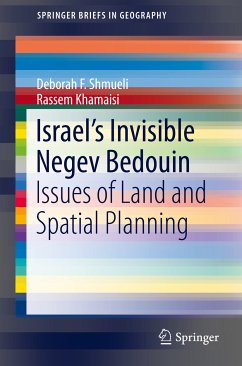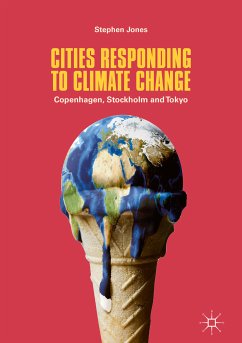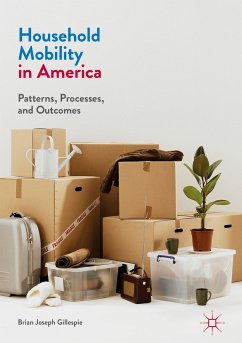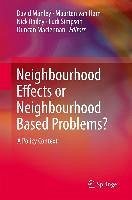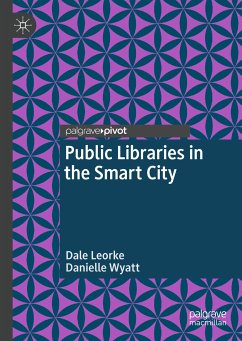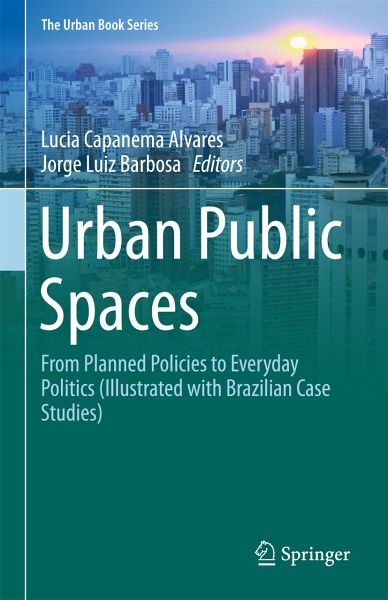
Urban Public Spaces (eBook, PDF)
From Planned Policies to Everyday Politics (Illustrated with Brazilian Case Studies)
Redaktion: Capanema Alvares, Lucia; Barbosa, Jorge Luiz
Versandkostenfrei!
Sofort per Download lieferbar
88,95 €
inkl. MwSt.
Weitere Ausgaben:

PAYBACK Punkte
44 °P sammeln!
Presents a unique and original multi-dimensional model of public spaces analysis
Includes the contribution of a renowned group of experts: Ana Fany A. Carlos, Cristóvão Duarte, Eugenio Queiroga, Ana Beatriz Torraca, Angelo Serpa, Vera Tângari
Compiles the classics and state-of-the-arts work on the theme
Features interdisciplinary works by geographers, architects, planners and a lawyer
Presents case studies of popular manifestations and appropriations
Includes the contribution of a renowned group of experts: Ana Fany A. Carlos, Cristóvão Duarte, Eugenio Queiroga, Ana Beatriz Torraca, Angelo Serpa, Vera Tângari
Compiles the classics and state-of-the-arts work on the theme
Features interdisciplinary works by geographers, architects, planners and a lawyer
Presents case studies of popular manifestations and appropriations
Dieser Download kann aus rechtlichen Gründen nur mit Rechnungsadresse in A, B, BG, CY, CZ, D, DK, EW, E, FIN, F, GR, HR, H, IRL, I, LT, L, LR, M, NL, PL, P, R, S, SLO, SK ausgeliefert werden.



